|
The health and safety of our artists in the creative and performing arts remains our number one priority, especially during these turbulent and challenging times. The Max's Kansas City Project, a 501c3 nonprofit, was established in 2001, in memory of the late Mickey Ruskin, the creator of Max's Kansas City, the legendary restaurant/bar/club that catered to the counterculture scene in downtown New York City. Mickey was a huge Patron of the Arts, and so are we. Our Emergency Relief Fund has been committed to awarding grants for over 19 years. Unexpectedly, with the sudden outbreak of COVID-19, we are inundated with requests. Our waiting list keeps growing and we find ourselves helpless to fulfill our mission. Allow our organization to act as a conduit to relieve some of their burden with your desire to help talented, hardworking freelancers, during these frightening and unsettling times. They have no future foreseeable income to pay their bills and they are reaching out to us, desperate for relief. If you would like to aid us in our deep desire to meet this overwhelming demand while benefiting from the passage of the recent CARES Act, which provides a new incentive for charitable giving, visit www.maxskansascity.org to learn more. Letters can be addressed to MKC Project, PO Box 4431, Kingston, NY 12401, or telephone +1 (845) 481-3416. An extensive list of resources for freelancers is also available on our Facebook page We thank you from the bottom of our hearts, and theirs! With live events grinding to a halt around the globe due to the COVID-19 pandemic, musicians who rely on touring to make most of their money are expressing serious concern about their immediate financial stability. So are brick-and-mortar record stores, who need customers to stay afloat. Now, the music industry is attempting to take on the challenges brought on by these unprecedented times. For instance, Bandcamp recently waived its revenue share from all sales for a day, spurring a wildly successful sales drive that earned musicians $4.3 million. Of course, buying albums and merchandise from artists is always a good way to support musicians. You can also tune into artists’ livestreams, and, where possible, donate directly to them. Even streaming music helps (a little)! Below are resources for relief, whether you’re an artist in need or a fan looking to do some good. Named for the famed Manhattan nightclub, The Max’s Kansas City Project provides emergency funding and resources for creative arts professionals. This includes individuals who have made their living in the arts and demonstrate a need for medical, legal, or financial aid and assistance with housing. Media who wish to interview Yvonne Sewall, or learn more about the Max's Kansas City Project, please contact WORKHOUSE, CEO Adam Nelson via email [email protected] In the 1960s and 70s, Max’s Kansas City was New York City’s most buzzworthy nightspot, drawing an eclectic, electric crowd of stars, creatives, and counterculture celebrities. Restaurant owner Mickey Ruskin prized creativity and wanted the city’s artists to think of Max’s as a second home. It’s that legacy that today inspires Kingston resident Yvonne Sewall to help artists through the Max’s Kansas City Project. “Mickey was a huge patron of the arts,” said Sewall, who waitressed at Max’s and eventually married Ruskin. “If you came there and said, ‘I don’t have any money, I’m down on my luck this week,’ Mickey would make sure you had a meal. He always put out free food every afternoon — chicken wings, or chili, or whatever was leftover. That fed a good part of the downtown arts scene. A lot of people lived off that food.” As well as feeding artists, Ruskin offered them a tab in exchange for their artwork, some of which he displayed in the restaurant. Emerging artists had a place to showcase their work and the tab provided a way to entertain agents and gallery owners, helping to catapult some art careers. Located in a neighborhood with many photo studio lofts, Max’s also attracted nearby fashion photographers and their models. Park Avenue South neighbor and music entrepreneur Albert Grossman requested a tab so his clients — Bob Dylan, Janis Joplin, and The Band — could eat there. Andy Warhol filled the back room with his favorite celebrities and the charismatic figures that inspired Lou Reed’s song “Walk On The Wild Side.” Warhol supposedly moved his studio from midtown to Union Square so he could more easily dine at Max’s. “Naked Lunch” author William S. Burroughs is said to have called Max’s “the intersection of everything.” Actress Jane Fonda and singers David Bowie, Iggy Pop, and Bruce Springsteen are just a few of the celebrities that frequented Max’s before it finally closed in 1981. Ruskin, who left Max’s in 1975, opened more venues, including the bar/restaurant nicknamed One U in Greenwich Village. He died shortly thereafter, at the age of 50, in 1983. Since then Sewall has worked to protect the artistic legacy of Max’s. In 2001 she received 501(c)(3) status for the Max’s Kansas City Project, which helps artists in need. The project provides emergency funding and resources to pay for housing, medical and legal aid, with one-time grants of between $500 and $1,000. “Your life can change in seconds flat, as it did for me when Mickey passed away,” she said. “Just like that. Things happen that we really don’t anticipate and artists aren’t always the best in terms of saving. Even if they are, it doesn’t take long to go through your savings.” An artist can work hard, said Sewall, and achieve success, then suddenly be sidetracked by something insurmountable. “We helped a writer who had 12 books published and now has MS. As it advanced over time, it became harder for her. She couldn’t write and she was behind on her rent. That’s where we came in. We had a dancer who had to have back surgery, then it didn’t fuse properly and you’re not talking about six weeks of recovery, you’re talking about six months, sometimes longer, without work.” Sewall also refers artists to other sources of financial assistance. “We mentor people on where to get more funding. If you’re a jazz musician, you may qualify for the Jazz Foundation and I can make a call for you. Or there’s PEN if you’re a writer. We have a resource page on our website with all kinds of organizations that provide emergency relief.” The project is funded through donations, fundraising events, and by the sale of art created and donated by Max’s alumni, with prices ranging from $75 to $7500. “Max’s alumni have been very generous,” said Sewall. “Between the visual artists, the rock photographers, the musicians, the writers, and composers, they’ve all donated over the years. That’s one of our resources.” Ideally, Sewall would like to see the collection housed in a museum that will dedicate a room to the notable pop culture hub. In February, the project’s current art collection and a recreation of Max’s interior was temporarily displayed at Los Angeles’s first annual Frieze Art Fair at Paramount Pictures Studios. The pop-up exhibit, created in partnership with Bombay Sapphire, included work by conceptual artist Lawrence Weiner and Anton Perich, a Max’s busboy-turned-photographer. “It was a wonderful experience,” said Sewall. “Bombay Sapphire works with emerging artists, so we’re very simpatico.” Yvonne Sewall’s 1998 book looking inside the legendary happenings of Max’s Kansas City Project. As well as helping artists, Sewall has been developing a Fearless Youth program to offer teens resources to counter substance abuse and suicide, as well as recommending the arts as a creative outlet. Sewall wrote the book High on Rebellion and recently began a Drop Into Max’s podcast, in association with Woodstock Radio, as a way to share the venue’s pop culture history. She is also developing a documentary about Max’s. “I think it would make a great docu-series. The Studio 54 documentary just came out. They’re doing one on Candy Darling, who was one of Max’s femme fatales.” In the 1960s and 70s, transsexual icons such as Candy Darling and Holly Woodlawn faced overt discrimination in more conventional venues. The Warhol superstars were not only welcome at Max’s but often socialized gregariously in the VIP back room with the likes of filmmaker Federico Fellini or Rolling Stone Mick Jagger. “Mickey was a visionary. That was before the Stonewall riots. Once you walked through those doors, once you were accepted, you were treated like a star. And you were treated with dignity and respect.” Treating artists with dignity and respect is a legacy that Sewall’s charity aims to continue. The Max’s Kansas Project embraces the philosophy of Mickey Ruskin, the creator of Max’s Kansas City, and was established in his memory in 2001. The foundation for the Max’s Kansas Project was laid when Mickey Ruskin opened the doors to the legendary restaurant/bar/club in New York City on December 6, 1965. He was a true patron of the arts who provided a refuge, a home-away-from-home for everybody who was anybody in the arts, many of whom are now famous. Since Max’s was known to cross boundaries of generations, to connect the old with the new and embrace the youth of the future as well as established artists, the Max’s Kansas City Project has expanded its scope to include an interactive online cyber cafe for teens and adolescents, dropin2maxs.com. Our Mission Is Two-Fold: We are dedicated to providing emergency funding and resources to financially distressed individuals in the creative and performing arts for housing, medical and legal aid. One time grants are awarded ranging from $500-$1000. Special consideration is given, but not limited to, Max’s Kansas City’s extended family, (those who worked at Max’s or were Max’s patrons). We are also committed to empowering teens through the arts with a focus on substance abuse and suicide prevention by mentoring and motivating them to make healthy choices, offering an ongoing process to aid them in building the personal skills needed to inspire them to lead healthy, productive lives. Our Fearless Youth Program is characterized by a positive skills-building approach, introducing teens to the creative arts as an outlet to meet the challenges of life in constructive ways, mentoring them and raising awareness on the dangers and consequences of substance abuse and addiction. YVONNE R. SEWALL first started at Max’s Kansas City as a waitress where she went on to marry founder Mickey Ruskin, father of her two children. During her tenure at Max’s, Sewall assisted in the development of ‘Upstairs at Max’s,’ which showcased unsigned bands that had included Aerosmith, Bruce Springsteen, Velvet Underground, Patti Smith, and the NY Dolls, amongst others. Upon her separation from Ruskin (where the two remained close friends), Sewell managed a number of recording studios throughout New York before dedicating the latter half of her life to honoring Ruskin following his death, including authoring High on Rebellion: Inside the Underground at Max’s Kansas City; founding her nonprofit dedicated to the arts community, and currently working on an upcoming three-part documentary series. W O R K H O U S E is one of the country's leading public relations and integrated creative agencies. Celebrating 20 years of service, the agency provides forward-thinking public relations, social media, brand promotion, creative consulting and modern-day marketing. Clients have included Lou Reed, The Rolling Stones, Hugh Jackman, Francis Ford Coppola, David LaChapelle, CBGB, Max's Kansas City, Interview Magazine, Galleries Lafayette, Chase Contemporary, Porsche, Ford Motor Company, Virgin, Jazz at Lincoln Center, International Emmy Awards, Assouline Editions, Rizzoli International Publications, Tony Shafrazi Gallery, Versace, and Avroko. Workhouse offers untraditional service across a broad spectrum of entertainment, culture, fashion and lifestyle spheres. Visit workhousepr.com
0 Comments
Leave a Reply. |
WORKHOUSE
THE HOUSE THAT WORK BUILT. Archives
July 2024
|
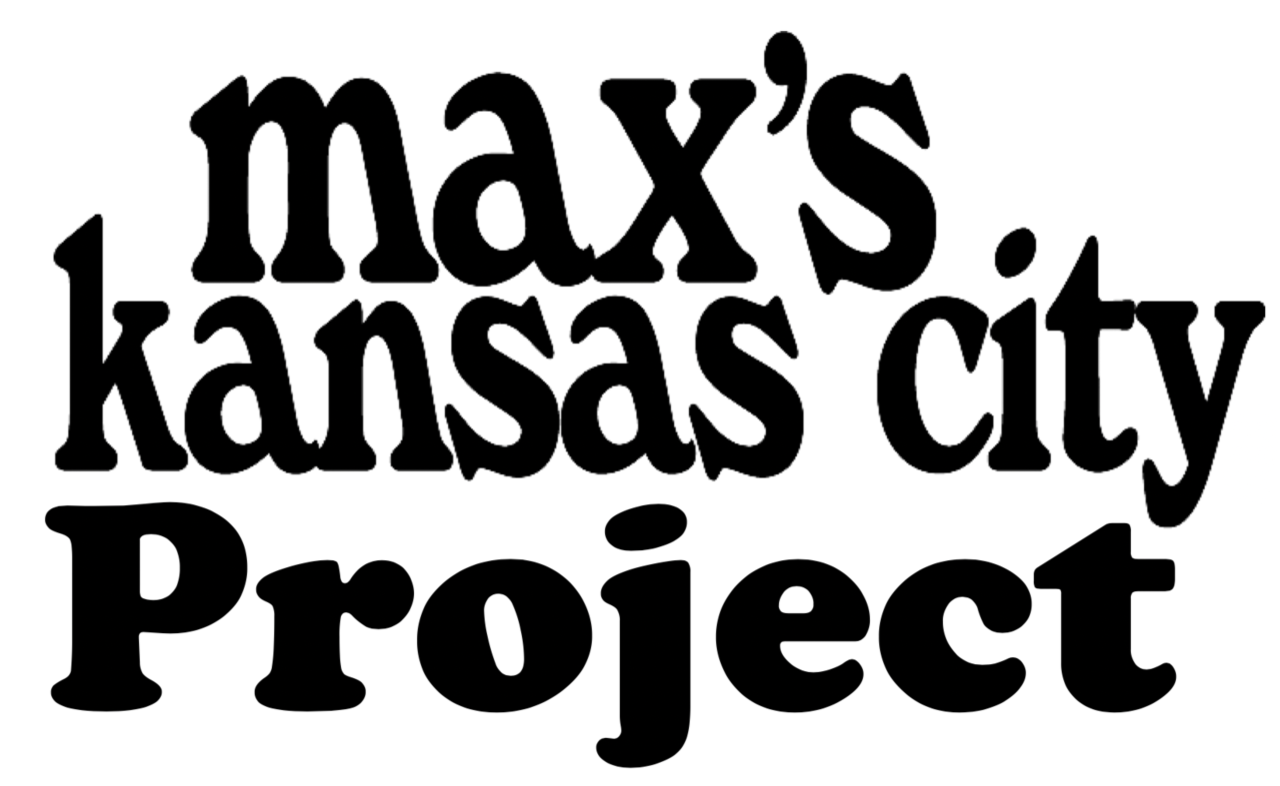

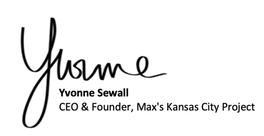


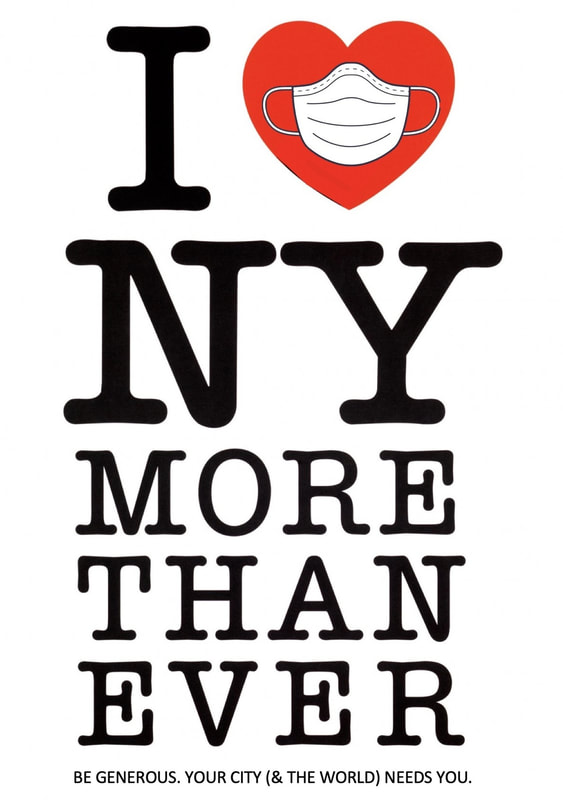
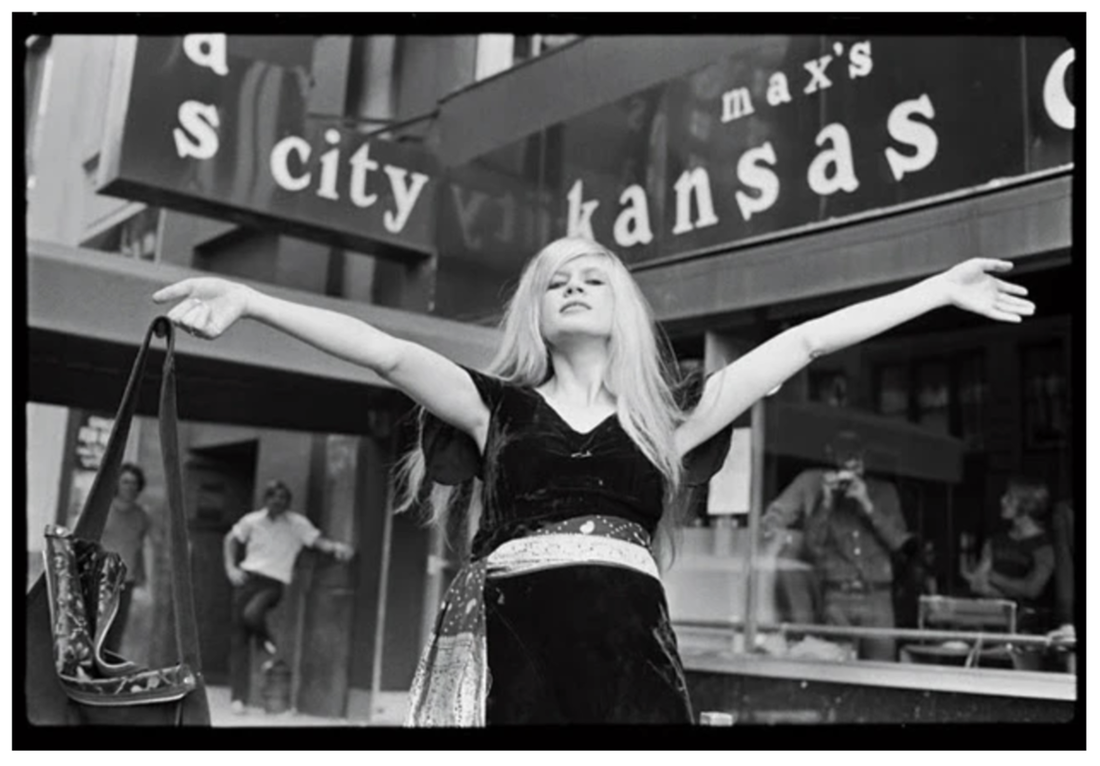

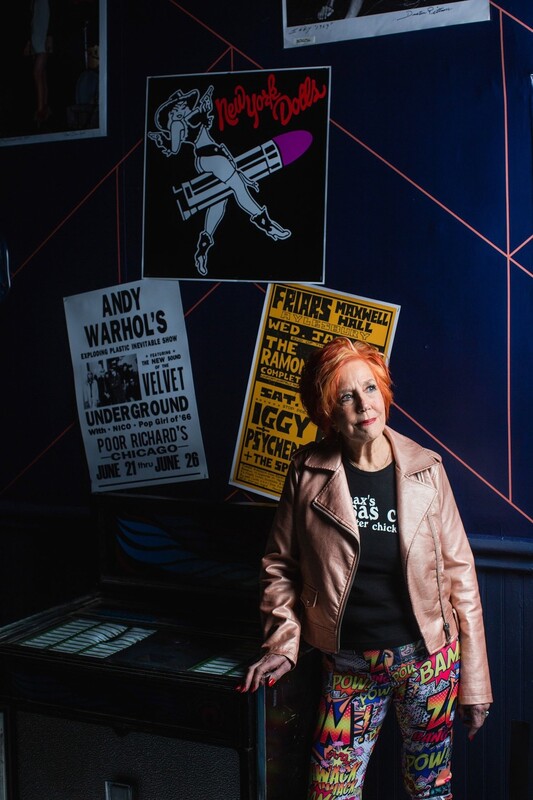



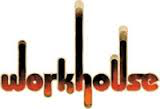
 RSS Feed
RSS Feed